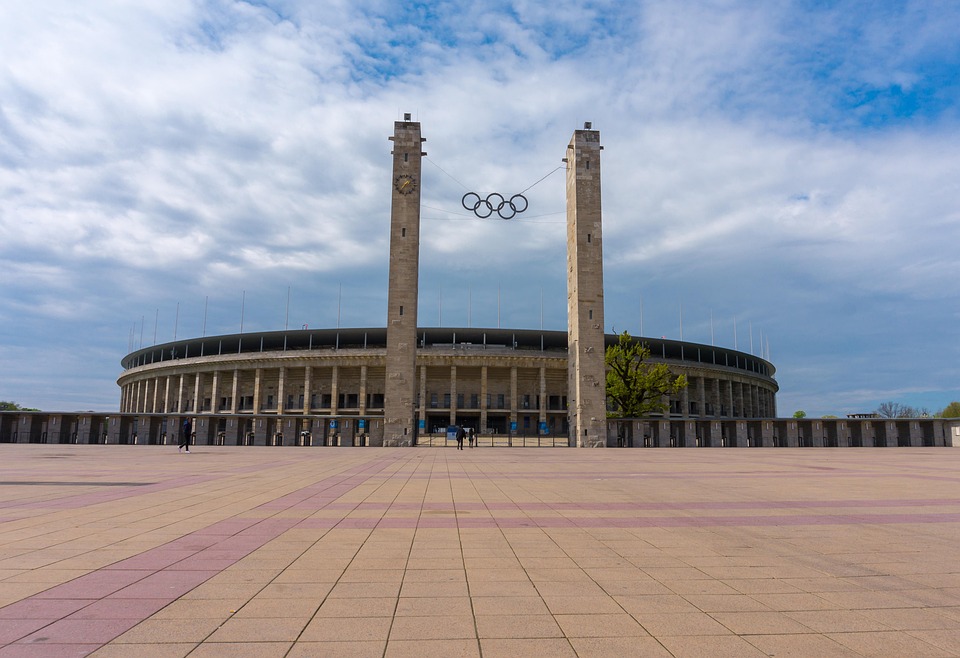The Olympic Games, often referred to as the world’s premier sporting event, transcend mere athletics. They represent a remarkable convergence of cultures, traditions, and human spirit from across the globe. The Olympics not only highlight athletic excellence but also serve as a powerful platform for celebrating diversity and fostering international understanding.
A Tapestry of Nations
From its ancient origins in Olympia, Greece, to the modern global spectacle it has become, the Olympics have always been about more than just competition. Held every four years, the Games bring together athletes from over 200 nations, creating a vibrant tapestry of cultures. This assembly allows for a unique opportunity to showcase cultural heritage through various mediums such as art, music, and traditional ceremonies.
Opening and Closing Ceremonies
The opening and closing ceremonies serve as significant cultural showcases. Each host country takes pride in presenting its history, traditions, and values through elaborate performances. For instance, the Beijing 2008 Summer Olympics featured stunning displays of Chinese culture, while the Rio 2016 Olympics celebrated Brazilian music and dance, embodying the vibrant spirit of the nation. These ceremonies are not just about the host nation; they also include elements that highlight the diversity of the participating countries, showcasing traditional attire, dance, and music, creating a rich cultural dialogue.
Athletes as Cultural Ambassadors
Olympic athletes often serve as cultural ambassadors, representing their nations on the world stage. Their stories and backgrounds bring forth narratives that reflect the complexities of their home countries. Athletes such as Serena Williams, Usain Bolt, and Yelena Isinbayeva are not merely representatives of their sports; they are symbols of their nations’ diverse cultural identities.
Moreover, the Olympic spirit encourages athletes to share their cultures with one another. Many athletes forge friendships that transcend borders, engaging in cross-cultural exchanges that foster mutual respect and understanding. This camaraderie highlights the fact that, despite differences, there is a shared passion for sports and humanity that unites everyone.
Cultural Exchanges and Educational Initiatives
The Olympic movement has initiated various programs aimed at promoting cultural exchange and education. Initiatives like "Olympic Day" encourage athletes to connect with local communities, promoting the values of friendship, excellence, and respect. During these events, athletes engage with youth, sharing not only their experiences in sports but also aspects of their cultural heritage.
The Olympic culture encourages a sense of inclusion and respect for different backgrounds. The creation of programs that focus on diversity, equity, and inclusion further reaffirms the Olympics’ commitment to highlighting the richness of human experience across various cultural spectrums.
The Role of National Olympic Committees
National Olympic Committees (NOCs) play a crucial role in emphasizing cultural diversity. They often highlight their country’s unique traditions and indigenous sports, integrating these elements into their Olympic preparations. For example, Australia’s incorporation of Indigenous culture into its Olympic identity has gained international attention, advocating for reconciliation and respect for Indigenous peoples.
Challenges and Opportunities
While the Olympics provide a platform for cultural celebration, challenges remain. Issues such as geopolitical tensions and cultural appropriation can sometimes overshadow the positive aspects of diversity showcased at the Games. However, these challenges also present opportunities for discussion and growth. Engaging in dialogue about inclusion, representation, and respect can lead to a more profound understanding of the diverse cultures present at the Olympics.
Conclusion
The Olympic Games are much more than athletic contests; they are a celebration of humanity in all its diverse forms. By bringing nations together, the Olympics foster a sense of global unity rooted in respect for cultural differences. Through ceremonies, athlete interactions, and educational initiatives, the Games serve as a cultural showcase, reminding us that while we may compete as individuals and nations, we are united in our shared human experience. The Olympics, in essence, is a magnificent tribute to the beauty of diversity, a reflection of our collective aspirations, and a beacon of hope for a more inclusive world.



